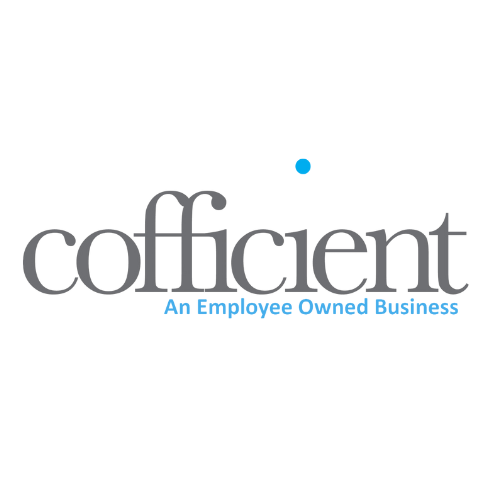
Automation Enhancing Performance of Your ERP System
It is a common question – what kinds of add-ons, extensions, or connectors would your ERP system benefit from? The questions makes perfect sense in a scenario where you established a best-of-breed system ten years ago to provide your company with a ‘single source of truth’. Conversely, the rise of e-commerce, online marketplaces, social media marketing, next-day deliveries, and other similar developments have made it challenging for a single truth-teller to stay relevant.
The advantages of automation enhancing are best viewed in the context of concrete business results rather than as features of the underlying infrastructure.
It doesn’t matter if you are a publicly traded infrastructure firm managing millions of assets in the field or a greengrocer who acquired a warehouse and turned his business into a seven-figure warehouse distribution company; the underlying difficulties are the same in each case. How can I expand my business without increasing overheads? How can I improve customer satisfaction without increasing the size of my customer service or sales teams? What strategy can I employ to get a competitive advantage in the talent market? What can I do to stay in line with ever-increasing carbon and ESG regulations?
The answers to all of these questions depends on how well businesses can automate some of the areas that have been identified.
Releasing Essential Members of The Team
Businesses always prefer that the month’s end be less complicated, less time-consuming, and more accurate the first time. Imagine a procedure in which data is collected from numerous systems, consolidated, reconciled, and visualised, and then a draft of this information is sent to your finance department for evaluation. Their role has abruptly shifted from data entry to “approver”. They review the numbers, spot errors, and pass a series of journals back to Automation; they’ve become “requestors”. After some recalculating and redistributing, the finance team finds itself in the role of “analyst”, looking at performance rather than data quality. Suppose you spend much time on an enterprise resource planning system. In that case, you might want to ask yourself, “Am I requesting, approving, analysing, or something else?” As soon as possible, automate another business process so you may devote your attention to making a more significant contribution to your company’s success.
Improving Capacity Through Creation
Did you know that one of the major airports in Europe presently has more than 10,000 employment opportunities as the world begins to open back up again? How quickly can you switch on 10,000 of your most important team members? What are the hiring costs? What are the quality risks? How much money may be lost due to bad hiring decisions? Consider a ‘Digital Worker’ potential value in your recruiting strategy and adopt an automation enhancing first mindset while developing your hiring strategy.
Sytem-to-System Data Integration
The platform only works if it’s connected. If the orders it generates in the warehouse aren’t processed, it doesn’t matter if you have the best-of-breed eCommerce platform available. On the contrary, an ERP system often has several additional connectors, including customer relationship management (CRM), electronic commerce (eCommerce), and warehouse management. There are fewer opportunities for improvement and more hygiene factors in selecting a core system. However, how much further does your integration ambition reach? What would happen if your customer support staff could modify the workflow between your ordering system and your e-Commerce platform to extract delivery preferences (such as “leave with a neighbour”) in response to customer feedback? Imagine if your company onboarded a new carrier for shipping your products, and your finance team could link your ERP immediately without help from your developers. This is the world of low-code integration platforms in the present day, and if you are not currently experimenting with one, you should start doing so.
Accelerating Time to Insight
Did you ever get that phone call from the very stressed supplier, who’s become a friend over the years? They apologise, but the writings on the wall, the pandemic, the war, the recession – it got them. Imagine if a software bot verified the credit of every company in your supply chain once a month using an external credit rating service and then provided you with a dashboard that showed how healthy your supply chain was. Wouldn’t that make your company more robust in the year 2023? There are many examples from a world where bots can search through vast volumes of data to surface exceptions or identify errors in reconciliations – how much do you lose through non-settled payments each year? Your payment gateway, ordering system, and general ledger may all be reconciled by a bot and you definitely can count on it.
NetSuite ERP by Cofficient
NetSuite was developed to adapt to the changing needs of organisations as they expand and to expedite the execution of vital procedures. In turn, this enables them to continue concentrating on what they do best and to promptly and confidently respond to new possibilities presented by the market, NetSuite ERP provides businesses with the instruments necessary to accelerate development and drive innovation. Theses capabilities include comprehensive financials, administration of supply chains, billing, and more.
To learn more about NetSuite ERP, get in touch.



